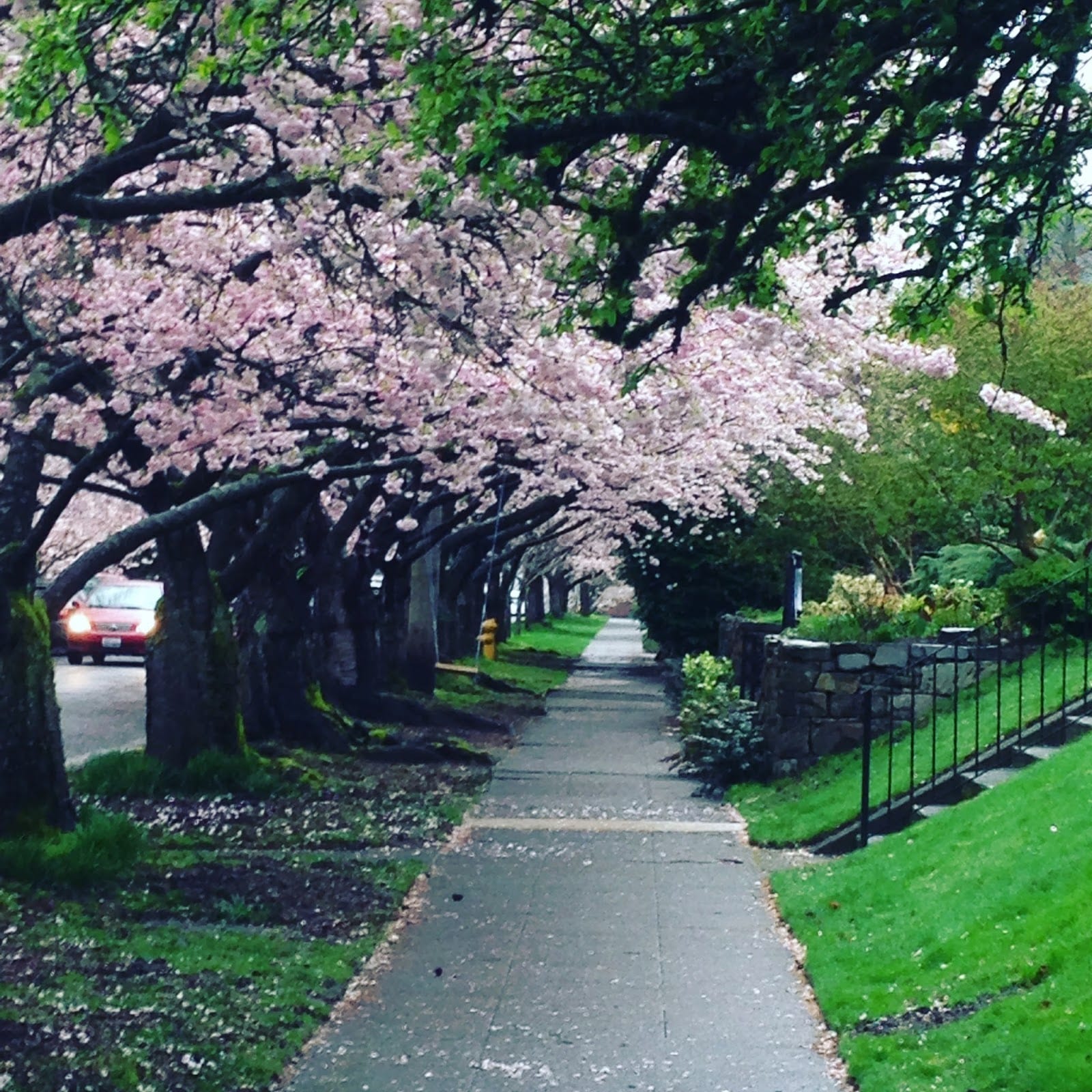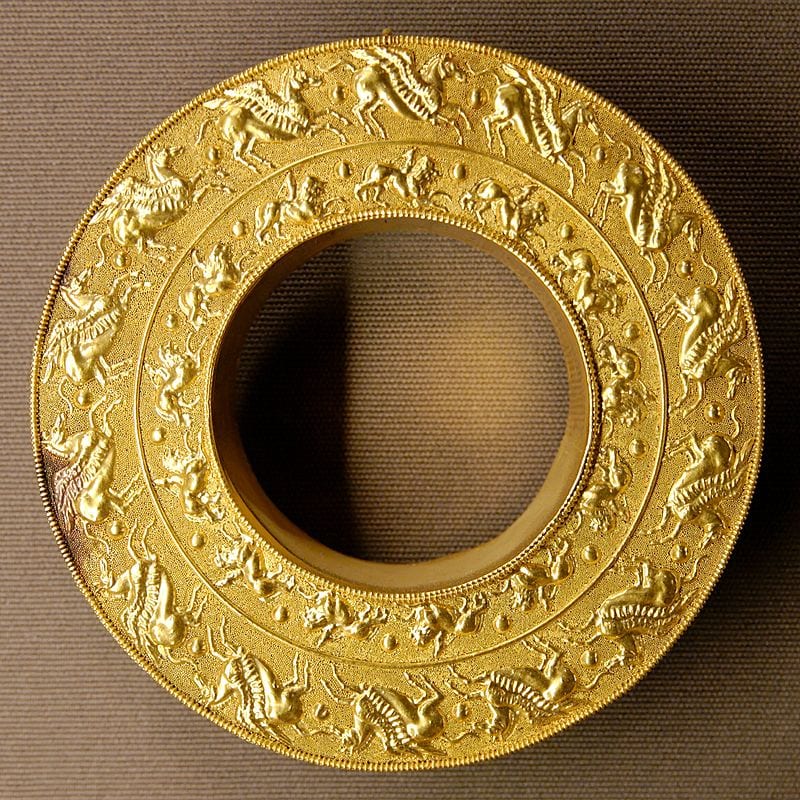

To say that things have been tension-filled in my life lately would be a gross understatement. I won’t go in to details – partially because I don’t really want to see it all sitting together in one, organized list of things that I’m challenged with, and partially because I don’t want to give the struggles too much power. I’m maintaining a balance by remembering to start every day with a list of things for which I’m grateful and by playing with my new puppies a lot (side note: I don’t truly understand why snuggling something fluffy and soft is so soothing, but I do fully appreciate it). When I remember to, I carve out time to exercise and check in with friends and run a hot bath.
But last Wednesday I had one of those days. Despite all my (herculean) efforts to craft a workable plan for the day, things went awry. I had known for months that this particular day was going to be logistically challenging on many different levels and I did my best to cross all of my t’s and dot all of my i’s, but I still couldn’t plan for every contingency. And I couldn’t have known what other emotional things would be lurking in the background, so despite the fact that the day was supposed to be filled with activities that were generative and collaborative and working toward something I am passionate about, I was a bit anxious and split-minded.
And then, during the first morning break, I saw I had a voice mail from an unknown number and when I listened to it, my anxiety ratcheted up four levels.
By lunch time, my chest was tight, my shoulders were hunched up near my earlobes, my heart was racing, palms sweaty, jaw clenched – all the hallmarks of a near panic attack. I left to grab some takeout and came close to bursting in to tears as I placed my order. I sucked air, swallowed hard, and sat on the cushioned bench to wait for my food. And then I remembered that while my mind can only be in the past or the future, my body can only be in the present moment. What my body was trying to tell me by freaking out was that I was hating this present reality. I didn’t want to be in this emotional place I was in. I was feeling overwhelmed.
That might sound like a “Duh” moment as opposed to a revelation, but let me tell you what happened next.
I articulated that very thing in my mind. I said to myself:
I do not want to be feeling this way right now.
I am really uncomfortable with all of this anxiety and the things going on in my life right now that are leading me to feel unhappy and stressed.
And there’s nowhere else I can be in this moment.
In that moment, the stress response left my body and the words floated in my head. It was as if, by giving myself permission to feel what I was feeling and acknowledging that it really sucked, the response moved from my body into my head and suddenly it wasn’t so unbearable. I had figured out how to soothe myself by recognizing that what I was going through was really hard, and that’s all it took to shift things. I finished the afternoon in a much clearer, calmer state. While none of the stressors had disappeared, it seems that they had agreed to move to the side once they were recognized and let me do what I had to do.
Since that moment, I’ve had a few other experiences where I was able to simply notice in my head that I was in a less than ideal situation without feeling it in my gut or my chest or my jaw. It is a pretty cool thing to be able to do and I’m under no illusion that I’ll be able to do this every time I feel anxious or stressed, but for now, it is a reminder that mindfulness works.
I know, another “Duh” moment. But even as someone who has practiced mindfulness for years, I am realizing that there are breakthrough moments where I can continue to learn more about my own responses to different scenarios just by going through the motions of things I’ve done a million times before. Even if I “know” something works, it is altogether different to feel it working in my own experience and I’m truly grateful for the progressive leaps like this because they help me remember that there is always more to learn.



 *
*